Soliciting regulations can fall into a gray area for many nonprofits; navigating these rules can be tricky, and they can easily change without prior notice. Despite this, nonprofits must follow these regulations to maintain good standing with the state, avoid legal infractions, and keep the trust of their supporters. Organizations also need a state-registered status to receive various grants.
While this guide can help you get started, it is not an instruction manual. None of the information below constitutes legal advice. Please seek counsel from legal professionals and state officials in regard to specific laws, requirements, and practices.
The basics of soliciting regulations
Soliciting regulations refer to the laws that govern fundraising activities. A total of 45 states have solicitation laws, and 41 of those require nonprofit organizations (NPO) to register and receive approval before they can solicit residents. States created these regulations to protect citizens from donating their money to fraudulent causes. Unfortunately, the solicitation rules vary from state to state, and you must apply separately to each one.
The registration process involves submitting forms to offices or bureaus specified by the state. In some cases, nonprofits must submit supplemental materials like financial reports. Municipal and local governments can also require a separate registration process or additional procedures before an organization can solicit the area.
Depending on the state, nonprofits might need to periodically renew their registration. Renewal deadlines vary; some states process the forms at the end of the fiscal year, and others accept rolling renewals based on the date of initial registration. States also charge late fees for missed deadlines. If you stop soliciting from the area, make sure you officially unregister to avoid unnecessary fines.
Penalties for violating soliciting regulations
Please note that soliciting regulations are state laws, and violating them means breaking the law. On top of other legal ramifications, states can charge nonprofits with steep penalties; for example, Pennsylvania enforces a minimum $1,000 fine for soliciting without prior registration. Previous violations can make it harder to register in the future since some states require past records during the process.
The government can also issue “cease and desist” orders and launch investigations into an offending organization. One investigation can trigger searches from other states, leading to multiple revoked registrations and penalties. Since some legal infractions count as a matter of public record, anyone can find the paper trail and spread bad press. Nonprofits may even lose their tax-exempted status from the state.
Limited exemptions
Select groups may be exempt from normal registration, such as educational institutions or religious congregations. However, they still need to file for the exemption status. Organizations that only solicit registered members might be eligible for exemptions as well. Check your state’s guidelines for additional information.
Knowing when you need to register
For traditional fundraising, registration is straightforward: you only need to register in the states and local areas where you campaign via TV, mail, phone calls, etc. The process becomes a lot more complicated for digital fundraising, which we discuss later in this guide.
- Here are some activities that can trigger state regulations:
- Using third-party consultants, grant writers, or paid solicitors
- Telemarketing, mail, TV, local advertising, and in-person campaigns
- Digital campaigns and ‘donate’ buttons
- Crowdfunding and Giving Days
- Games of chance
- “Commercial co-ventures” (when nonprofits and companies share sales profits)
This list doesn’t cover every event that activates solicitation laws, but it provides a general idea of what to look for. Check the state’s official rules for a complete set of activities.
List of states requiring registration:
These 41 states require nonprofits to register before soliciting residents:
Alabama
Alaska
Arizona
Arkansas
California
Colorado
Connecticut
D.C.
Florida
Georgia
Hawaii
Illinois
Iowa
Kansas
Kentucky
Louisiana
Maine
Maryland
Massachusetts
Michigan
Minnesota
Mississippi
Missouri
Montana
Nevada
New Hampshire
New Jersey
New Mexico
New York
North Carolina
Ohio
Oklahoma
Oregon
Pennsylvania
Rhode Island
South Carolina
Tennessee
Texas
Utah
Virginia
Washington
West Virginia
Wisconsin
You can check out this thorough list of state registration requirements provided by the National Association of State Charity Officials (NASCO). Soliciting rules and stipulations can vary greatly between each state; for example, an NPO working in Montana might not need to register with the state, but they do need to file an annual report. Like any law, soliciting regulations often receive updates or changes over time. Always seek legal advice and contact the state office for current guidelines.
Luckily, some states have added online registration for a more efficient process. Currently, five states mandate e-registration: Colorado, Hawaii, Mississippi, New Mexico, and Ohio.
Disclosure statements
Twenty-five states require nonprofits to provide some form of disclosure statements. A disclosure statement often involves displaying an organization’s state-registered status and any disclaimers on campaign materials. These statements help advise potential donors, and it ensures donors receive proper contact information from the organization.
Similar to registration, the requirements of disclosure statements vary greatly depending on the state. Most states demand disclosure statements on written campaign materials and any fundraising webpages. Be aware that some guidelines can get very specific, such as mandating the font size and placement of disclosure statements.
These 25 states require disclosure statements:
Arkansas
Colorado
Delaware
Florida
Georgia
Illinois
Iowa
Maine
Maryland
Michigan
Minnesota
Mississippi
Nevada
New Jersey
New York
North Carolina
Ohio
Oregon
Pennsylvania
Rhode Island
Texas
Virginia
Washington
West Virginia
Wisconsin
Navigating digital solicitation laws
NPOs stand to gain huge outreach and fundraising opportunities through the internet. The switch to digital and hybrid campaigns allows nonprofits to catch the attention of viewers beyond state and lines. At the same time, these benefits also raise several ethical and legal questions surrounding solicitation.
States created solicitation laws before online fundraising became a standard. Even a simple ‘donate’ button on your website and crowdfunding can fall under these laws. While some states lay out specific guidelines regarding digital campaigns, others don’t directly address the issue.
Nonprofits can avoid soliciting violations by registering in all states that require it. As a result, they circumvent potential disputes, fines, and a loss of trust from supporters. However, the taxing procedures and total registration fees often strain smaller nonprofits. According to Harbor Compliance and the National Council of Nonprofits, the estimated fees for registering in every state can range from $1,400 to $5,000. This projected cost does not include other potential expenses either, such as late fees.
Nonprofits don’t need to avoid digital campaigns completely, even if they can’t provide the necessary fees and labor to register in multiple states. NPOs can still send targeted campaigns, such as emails and closed virtual events, to residents who live where the NPO is registered.
Unfortunately, targeted campaigns exclude crowdfunding, Giving Days, ‘donate’ buttons, and other public calls for donation on websites and social media posts. Any smart nonprofit knows that online fundraising can net a lot of donations, so the divided registration laws can be restrictive and prevent growth. Please consult legal professionals for guidance before launching a public digital campaign.
Designate the task
Staying on top of state regulations can drain resources and time. The different registration deadlines pose a challenge on top of varying laws, stipulations, filing fees, and necessary supplemental materials.
As a result, industry veterans suggest delegating the process to a specific position, role, or team to keep track of your registration status. Keep in mind that staff who aren’t versed in law or advanced accountancy will experience an extremely steep learning curve, and any mistakes can cause damage.
Luckily, this role does not need to be in-house; contracted accountants, law firms, or specialized services like Harbor Compliance can help handle state registration. If possible, start with contracted services since they likely know the ins-and-outs of solicitation laws from the start. You can also join your state association of nonprofits, which keeps track of any procedural changes and other relevant knowledge.
Building trust through registration
Supporters and potential donors value transparency from nonprofits. You should display any in-house policies regarding registration and maintain a list of relevant states. Publish your registration status in accessible locations, such as a website or organization handbook, so supporters can find it easily.
Keep this section updated. If you’re in the process of registering but still haven’t gained approval yet, let your supporters know you’re taking care of the problem; they should understand the procedure isn’t instantaneous. By keeping them up to date, you can also strengthen your reputation.
The good news is that NASCO hopes to create a “single portal” that simplifies state registrations into a single, more affordable process. Organizations started similar initiatives in the past, but not all states adopted the unified guidelines. Registering in all 41 states remains a substantial burden for nonprofits until a streamlined process receives nationwide approval. Once again, please seek legal counsel and contact your state’s offices for updated practices and a complete list of regulations.
By William Capella
.svg)


.svg)
.svg)
.svg)

.avif)




















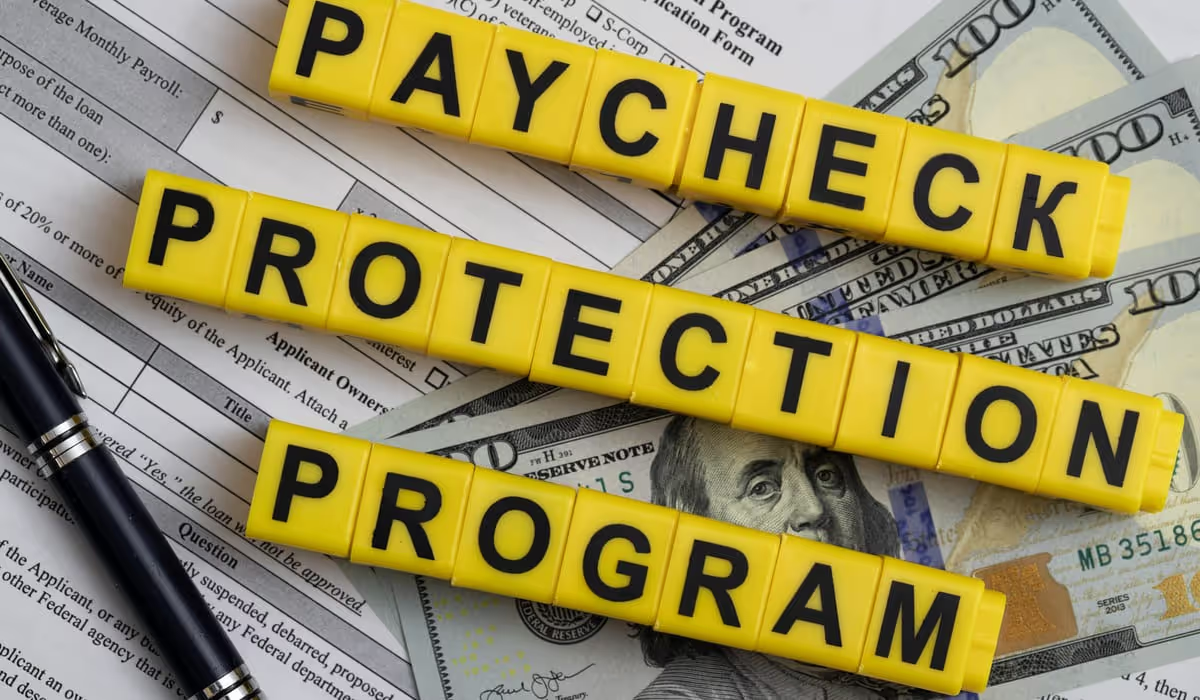

















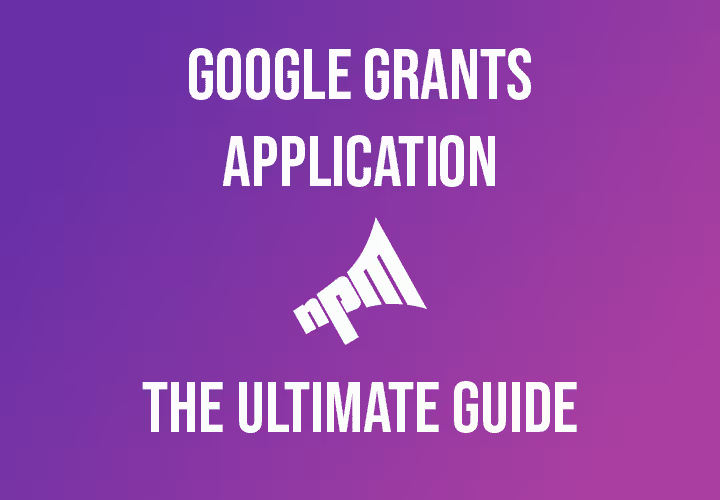




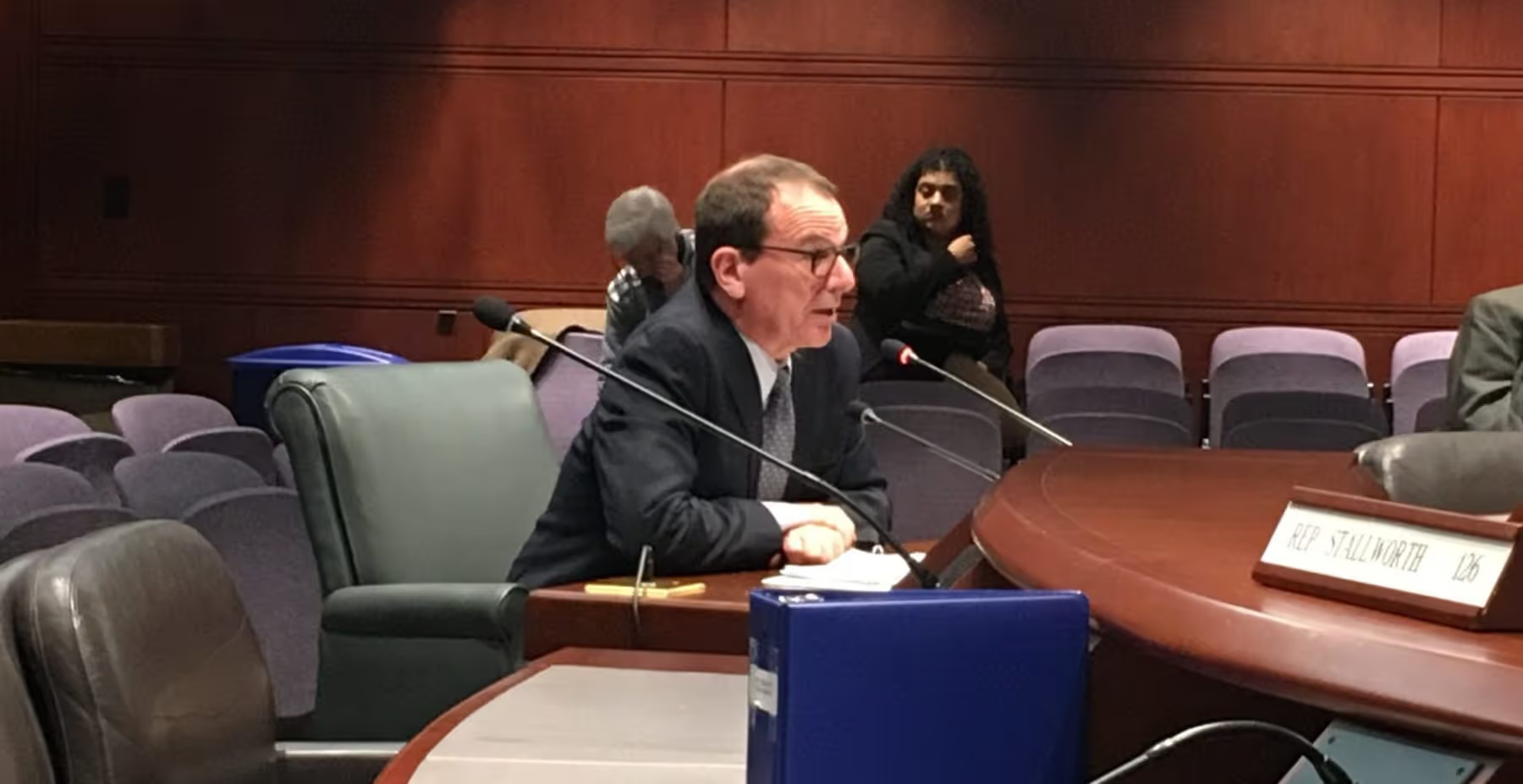


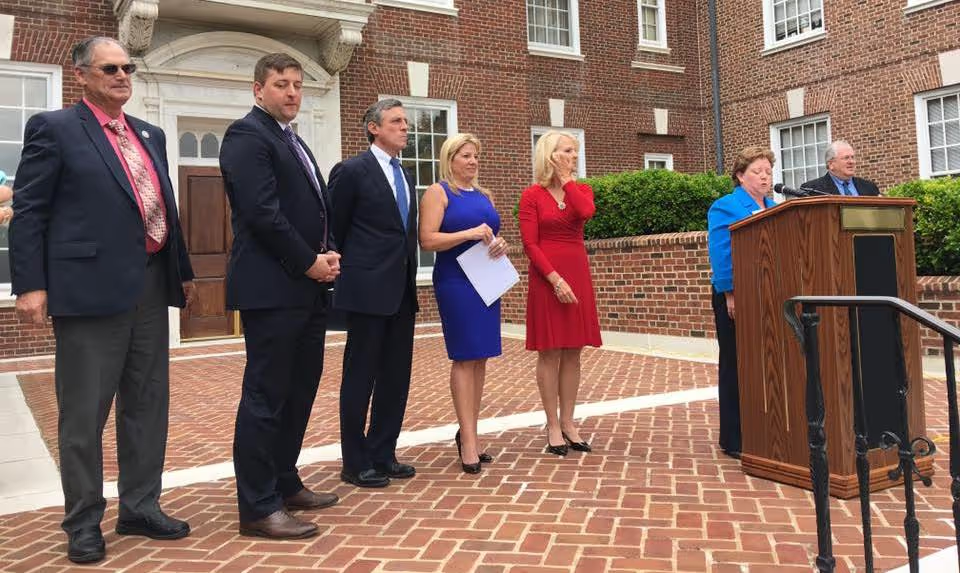
















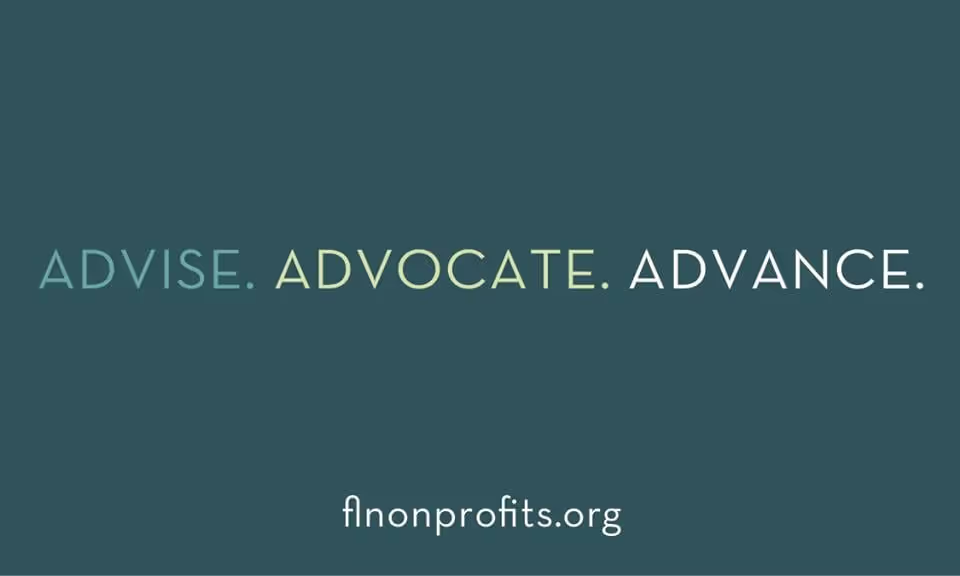








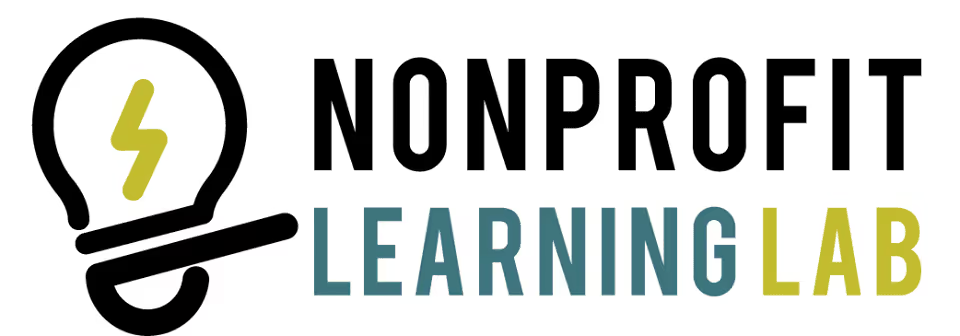


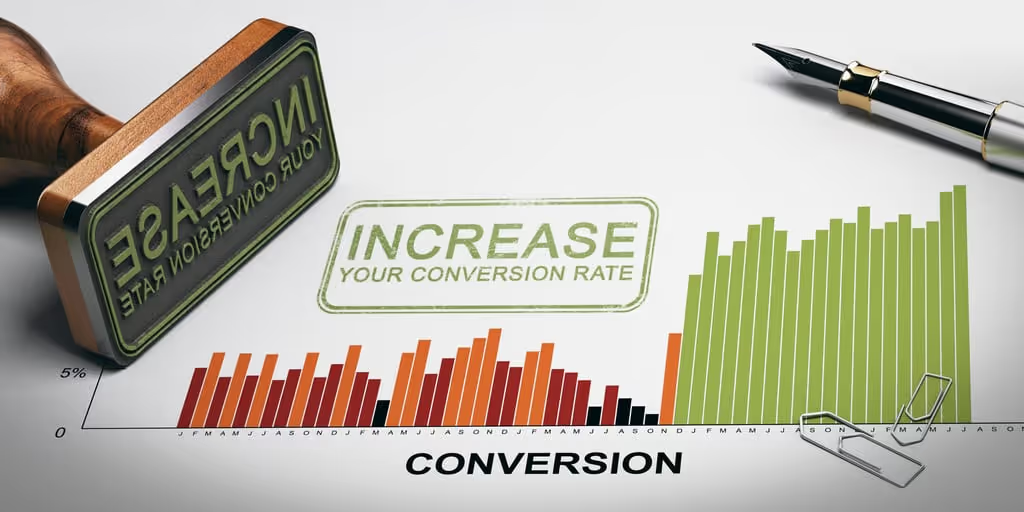




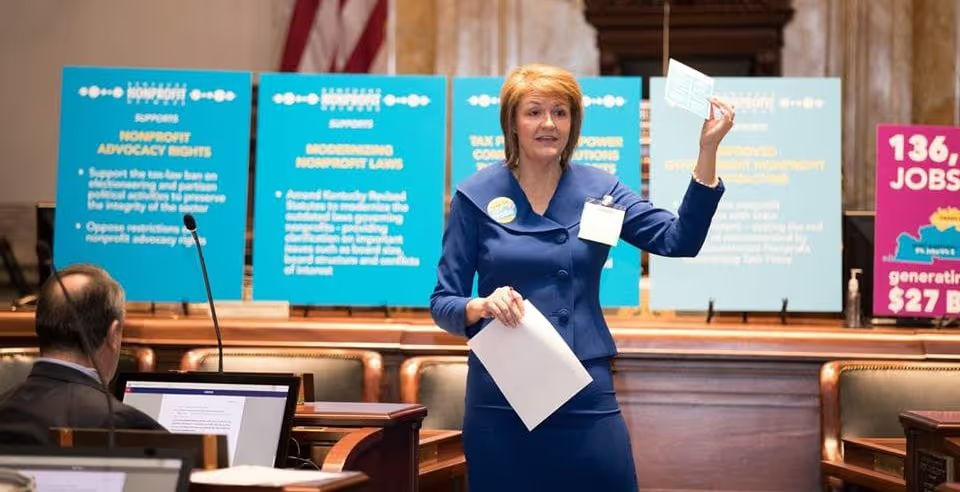







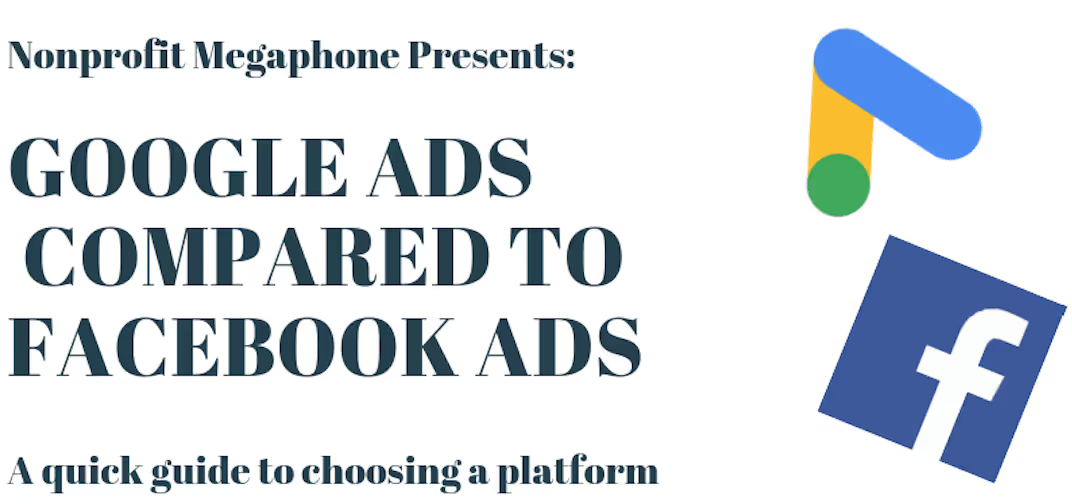
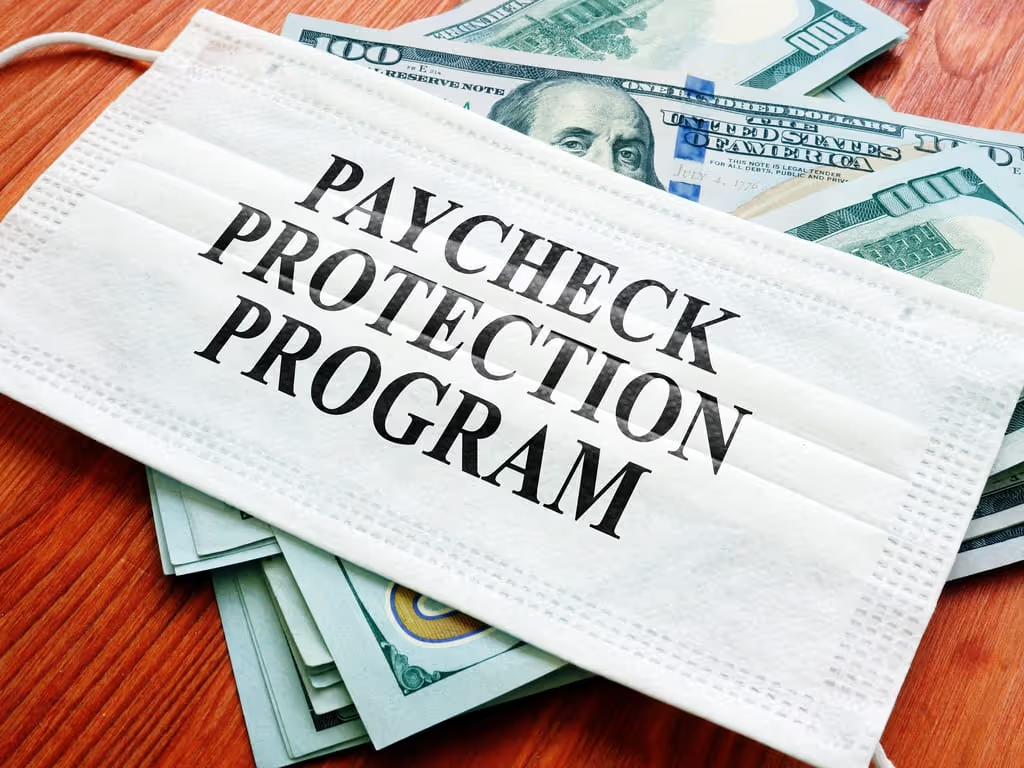


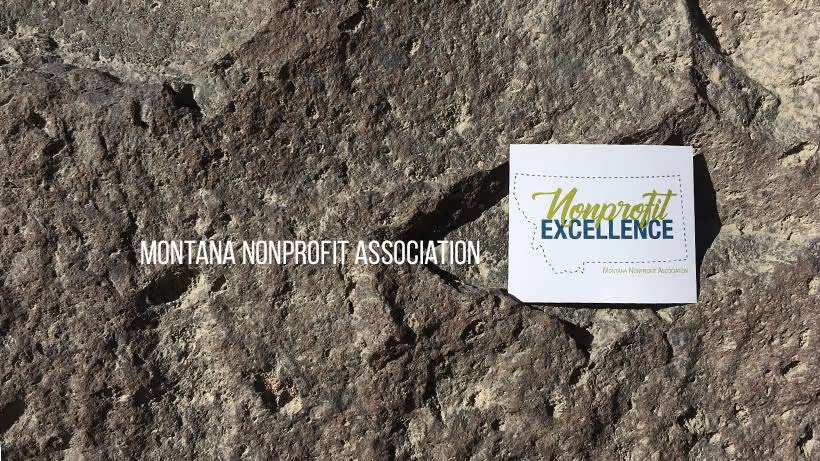










.svg)
.svg)
.svg)
.svg)